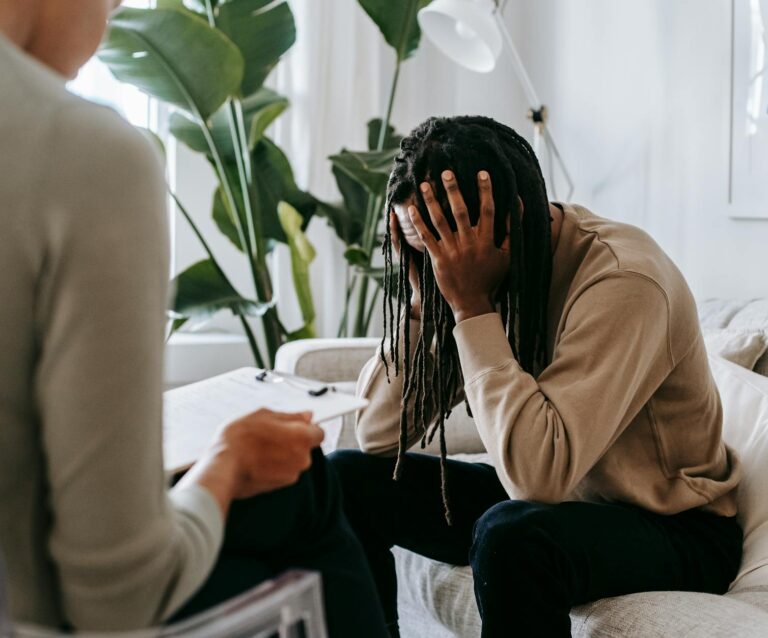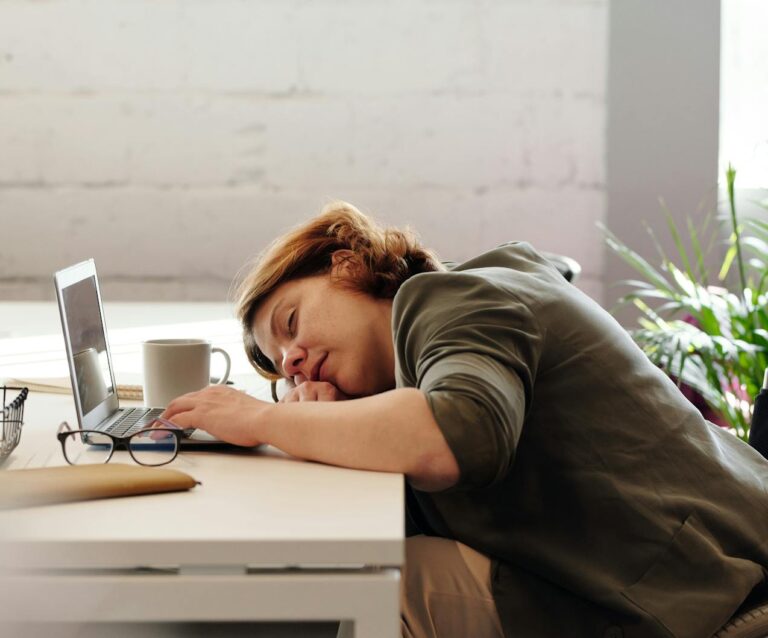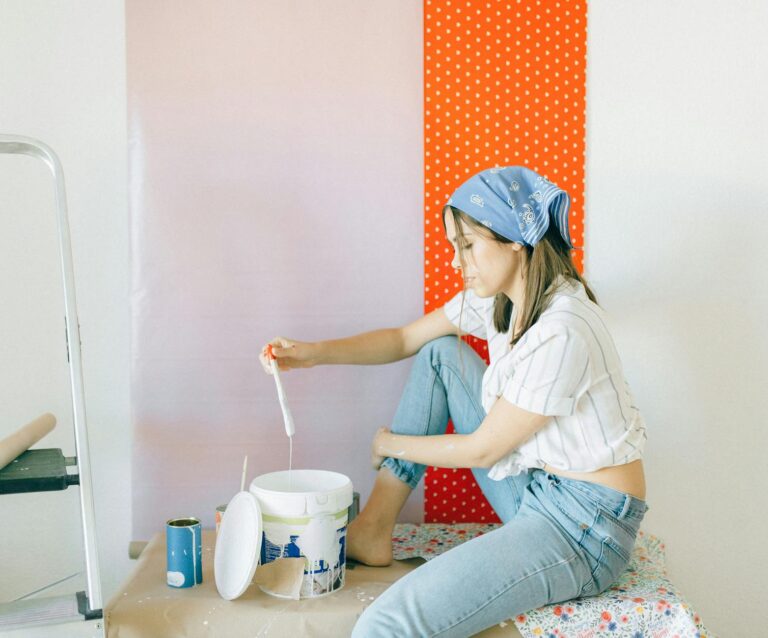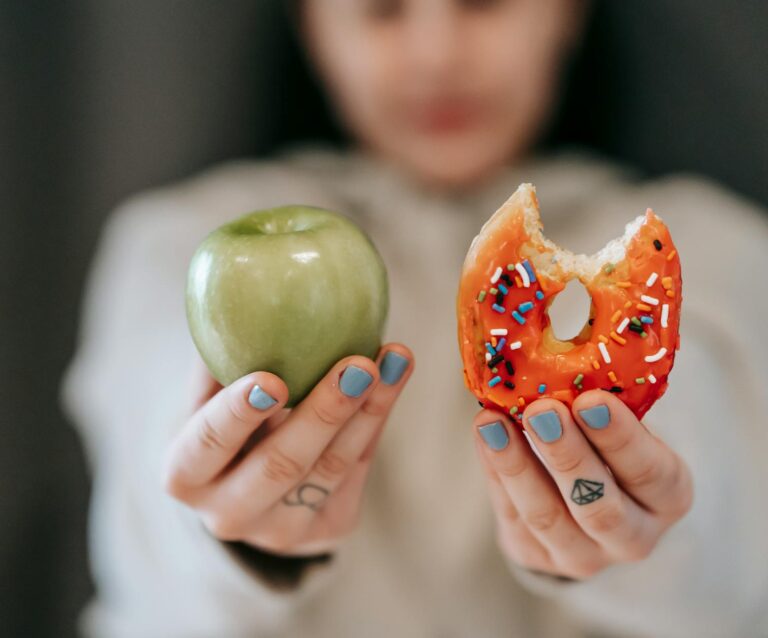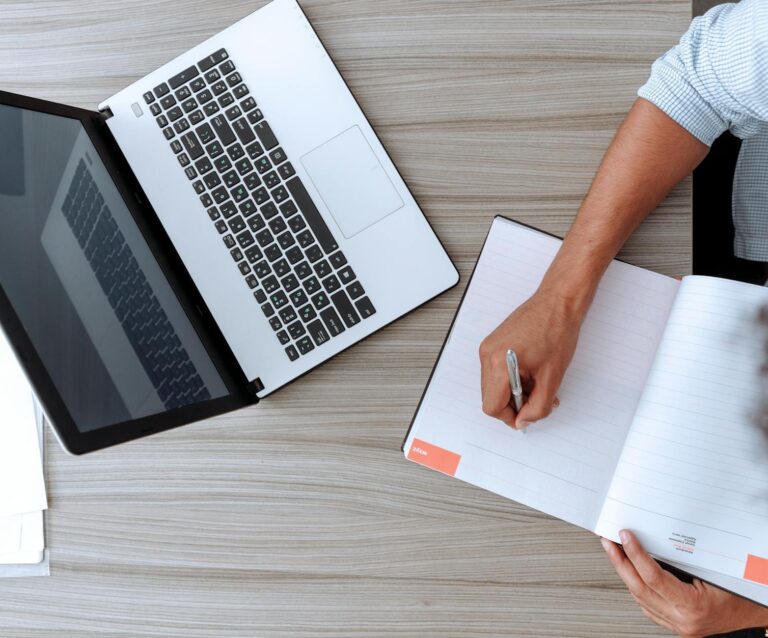AD | Affiliate Links
We’ve all misplaced our keys and struggled to find important papers at tax preparation time. There are few things more frustrating than not being able to find something you need. Some of us are a little more challenged when it comes to losing critical items at home or at work, thereby driving ourselves-and the people around us-completely nuts. I have to confess that I am a “loser,” at least in the sense that I regularly lose things. I’m trying to clean up my act, and I’ve found several strategies that are extremely helpful.
Contents
Strategies to organise things so that you can locate them

1. Not out of sight, not out of mind
I can’t tell you how many items I have purchased in unneeded multiples because I forgot that I had already bought them or I couldn’t remember where I put them. Here’s a big tip for finding things: keep them in sight. Put frequently used or critical items at eye level, and never use an opaque container if you can use a clear one. Clear plastic bins and bags are great.
2. Don’t put things down
This sounds silly, but if I walk in the house holding the lens cap off my camera that I just found in my car, I had better not put it down until I have a chance to put it in my camera bag. Otherwise, I will lay it on the kitchen counter, accidentally cover it up with the newspaper, and go crazy trying to find it later in the day. I’ve found that if I hold onto an important item until I can put it where it belongs, I’m far better off.
3. Clear out the clutter
This is an obvious tip, but for those of us who are junk-aholics, it is probably the most difficult and yet most valuable strategy for finding things. If your kitchen table is buried under the mail, last week’s purchases, the tools you meant to put back in the garage, the cat’s vitamins, and your library books, you know what I mean. Clutter creates vast “Bermuda Triangles” where things disappear, never to be seen again. I’m trying to reform. Let’s chant together: “When in doubt, throw it out!”

4. Put things close to where you will need them
If I put the hangers by the dryer, extra toilet paper in the bathroom cabinet, and things to take to work by the door, I’m more likely to remember them.
5. Make “kits” of things you will use for a particular project
If you plan to do a craft project in the future, put the needed items that you already have into a bag or box, and when you buy the rest of your supplies, add them to the “kit.” Then, when you have a little time to do your crafts, you won’t have to spend an hour looking for what you need. Similarly, use a plastic container for unpaid bills, a calculator, blank envelopes, address labels, a pen, and some stamps. When you have half an hour, you can pay some bills instead of collecting supplies.
6. Use distinctive bags or containers
I was having trouble locating the things I needed for a weekly meeting. I found a cute, brightly coloured bag, and put everything in it. It stays in my car, and it is easy to identify. Similarly, a unique tote bag can accommodate your library books or your travel toiletries.

7. Say it out loud
I will often ask my husband to remind me where I am putting something. Even if he doesn’t remember, just the act of saying out loud, “Please remind me that I’m putting the crackers for the party on the top shelf of the cabinet” makes me more aware and more likely to remember.
8. Use colour and labels to make things easier to locate
I keep all my family medical information in yellow folders and financial files in blue folders. I also invested in a label maker, which is a great gadget for identifying non-see-through containers or drawers.
9. Use technology. Keep a “find-it” file on your computer desktop
Make a note in that file of infrequently used but important items and where they are located. You can also use the camera in your cell phone to snap a picture of something you are worried you may forget. A digital voice recorder might be an asset for making verbal notes about where to find things – as long as you don’t lose the recorder!

10. Take some time to set up locations for important items
Don’t wait until March to make a file for your tax documents for the previous year – set one up in December and keep it handy to file items as they come in the mail throughout the tax year. Use a clear plastic container for all your medications and vitamins, and put paper prescriptions for future use into the bin.
I’ve found it is worth the time and effort to establish a few systems to make up for the brain parts that I seem to be missing. I don’t know where those went… Have you seen them?
Image Credit: Deposit Photos








